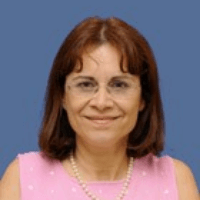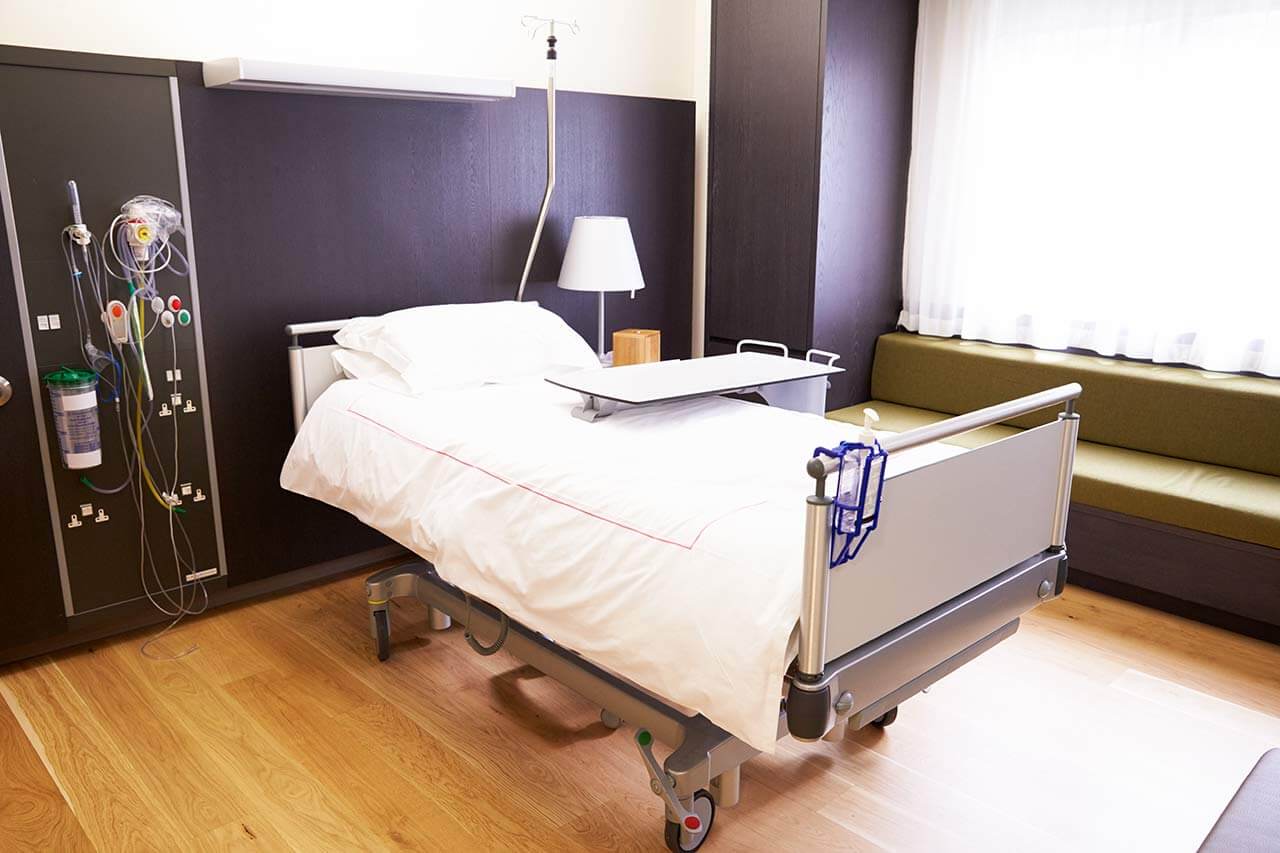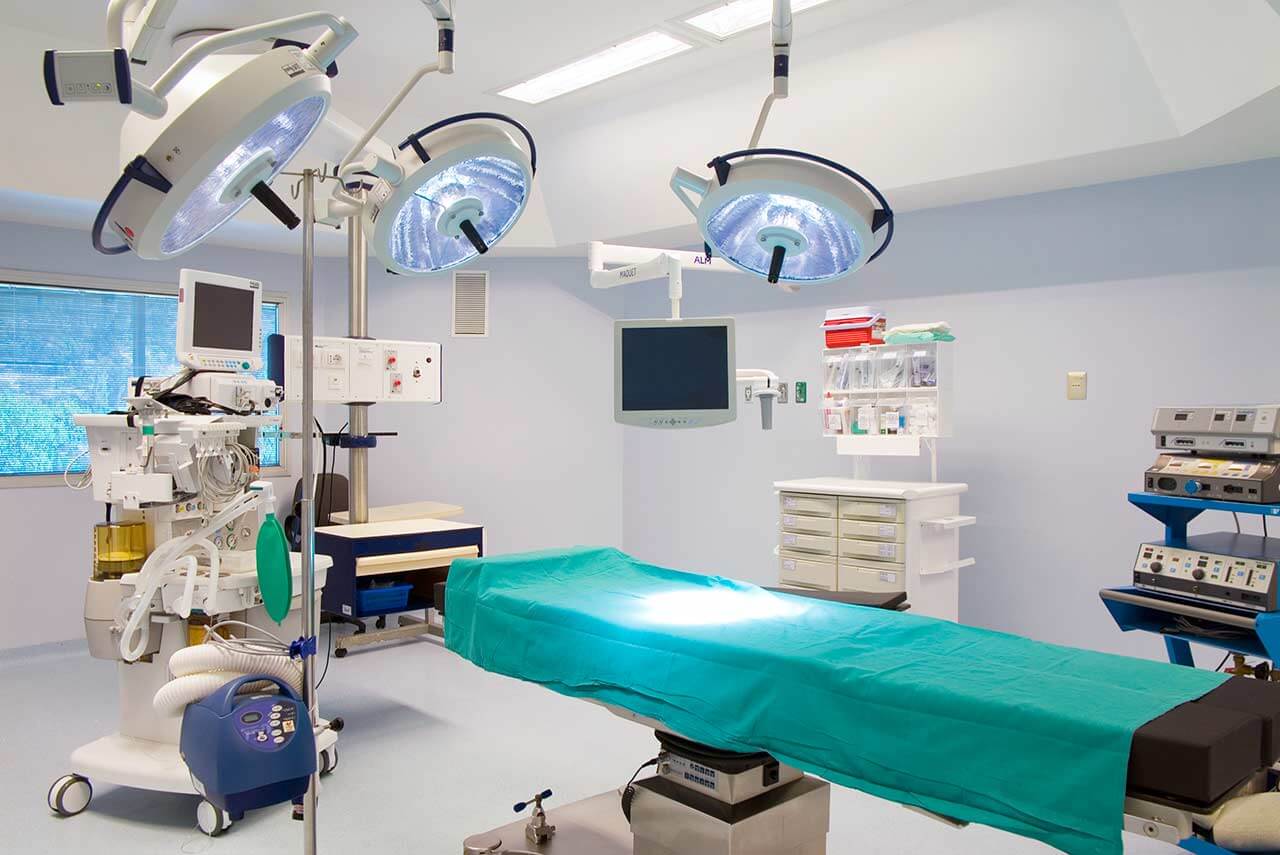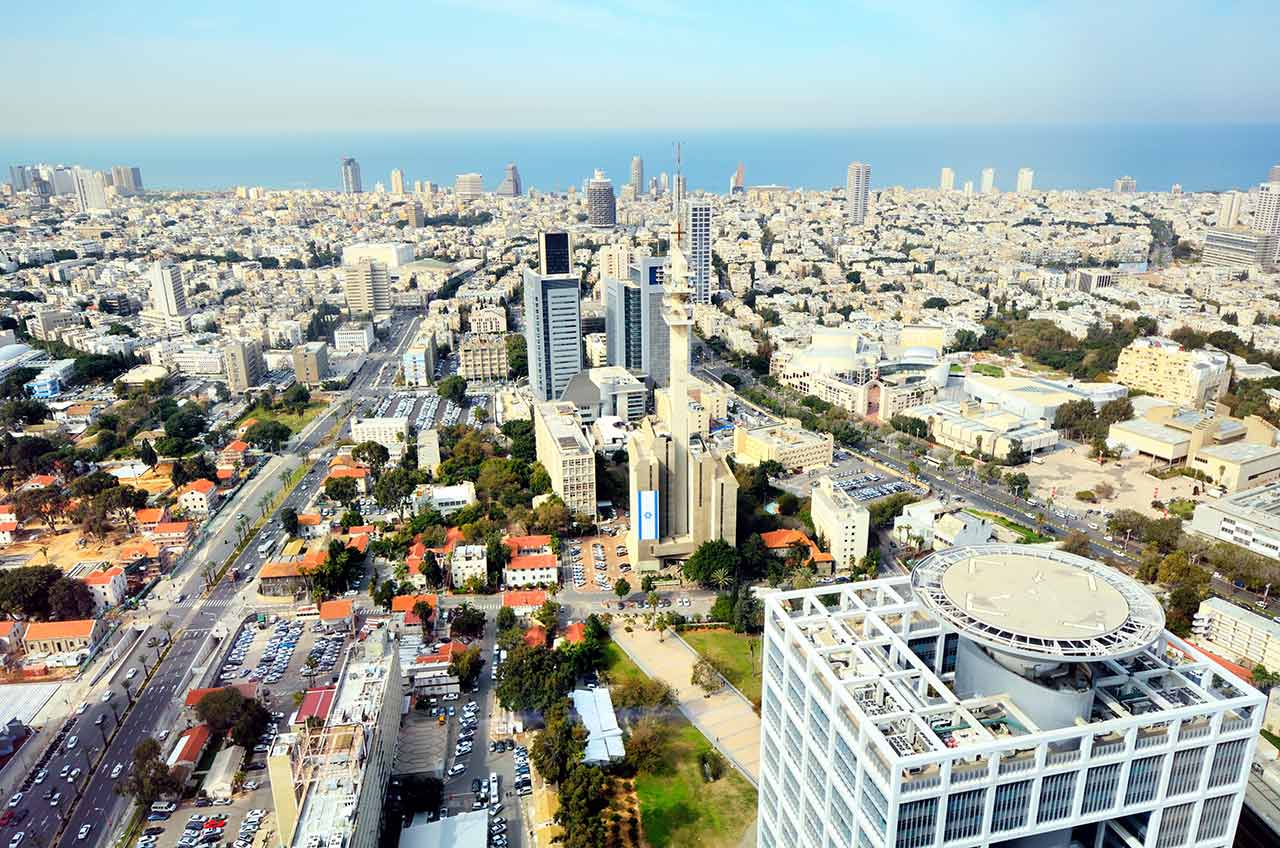
The program includes:
- Initial presentation in the clinic
- clinical history taking
- review of medical records
- physical examination
- laboratory tests:
- complete blood count
- biochemical blood test
- inflammation markers (CRP, ESR)
- blood coagulation analysis (aPTT, PT, INR)
- neurological examination
- electrophysiology study (if indicated clinically)
- CT/MRI scan
(if indicated clinically, additional cost is 650/1200€) - differential diagnosis with other neurological diseases
- nursing services
- consultation of related specialists
- treatment by chief physician and all leading experts
- explanation of individual treatment plan
Required documents
- Medical records
- MRI/CT scan (if available)
Service
You may also book:
 BookingHealth Price from:
BookingHealth Price from:
About the department
The Department of Pediatric Neurology at the Tel Aviv Sourasky Medical Center offers the full range of diagnostic and therapeutic services for infants, children and adolescents with diseases of the nervous system. The Chief Physician of the department is Prof. Dr. med. Aviva Fattal-Valvsky.
The department employs a multidisciplinary team of highly qualified specialists. If necessary, the treatment process involves the participation of the experts from the Departments of Pediatric Neurosurgery, Pediatric Orthopedics and others. All medical measures are carried out in strict accordance with the medical protocols of the specialized societies.
The department collaborates successfully with the Sackler Faculty of Medicine at the Tel Aviv University. It conducts active research activities aimed at the development of new methods of treatment and diagnostics of such neurological diseases as cerebral palsy, epilepsy, Pompe disease, tuberous sclerosis and spinal muscular atrophy.
The department's service range includes the diagnostics and treatment of the following neurological diseases in children of all age groups:
- Malformations of the skull and brain (microcephaly, macrocephaly and hydrocephalus)
- Epilepsy, including hereditary types
- Febrile seizures
- Headaches and migraine
- Neonatal neurological pathology and complications during childbirth (prematurity, periventricular leukomalacia, intraventricular hemorrhages and hypoxic-ischemic encephalopathy)
- Head injuries and brain hemorrhages
- Benign and malignant tumors of the brain and spinal cord
- Infantile cerebral paralysis and spasticity (treatment using botulinum toxin, baclofen)
- Movement disorders (tics and Tourette syndrome, dystonia and tremor)
- Neuromuscular diseases (neuropathies, myopathies, muscular dystrophy and myasthenia gravis)
- Neuroinflammatory diseases (meningitis and encephalitis, acute disseminated encephalomyelitis, Guillain–Barré syndrome and multiple sclerosis)
- Vascular diseases (vascular malformations, stroke, thrombosis and hemorrhages)
- Neurometabolic diseases
- Neurogenetic syndromes (fragile X syndrome, Rett syndrome, Angelman syndrome and Down syndrome)
- Neuroectodermal syndromes (neurofibromatosis and tuberous sclerosis)
- Developmental disorders (intellectual disability, speech impairment, delayed development of motor functions and dyspraxia)
- Sensorineural hearing and visual impairments
- Behavioral disorders (emotional disorders, attention deficit hyperactivity disorder and autism spectrum disorders)
- Other pathologies
Curriculum vitae
Education
- Sackler Faculty of Medicine, Tel Aviv University.
Professional Career
- Since 2009 Head of the Department of Pediatric Neurology, Tel Aviv Sourasky Medical Center.
- 2007 - 2009 Deputy Head of the Department of Pediatric Neurology, Tel Aviv Sourasky Medical Center.
- 1996 - 2007 Deputy Head of the Section of Pediatric Development, Tel Aviv Sourasky Medical Center.
- 1993 - 1996 Senior Physician at the Institute of Pediatric Development and the Department of Pediatric Neurology, Tel Aviv Sourasky Medical Center.
- 1993 - 1996 Pediatric Neurologist at the Institute of Pediatric Development and the Department of Pediatric Neurology, Tel Aviv Sourasky Medical Center.
Memberships in Professional Societies
- Israel Medical Association.
- Israel Society of Clinical Pediatrics.
- Israeli Pediatric Neurology Society.
- Israeli Epilepsy Society.
- Society for Inherited Metabolic Disorders.
- European Paediatric Neurology Society.
- International Child Neurology Association.
Photo of the doctor: (c) Tel Aviv Sourasky Medical Center
About hospital
The Tel Aviv Sourasky Medical Center is the second largest and one of the most advanced healthcare and research facilities in Israel. It began its work in 1961, but it is still popular among the local population and attracts thousands of international patients.
The multidisciplinary medical center covers an area of 150,000 m². It has 60 departments and institutes with 1300 beds. The hospital annually provides its highly professional services to more than 1,5 million patients. In addition, the hospital enjoys prestige among doctors, many of whom want to have an internship and work here.
The medical center employs more than 6,400 people, among them more than 1,100 doctors, 1,760 nurses, 850 medical laboratory assistants, technical and other employees. The medical staff successfully combines clinical and research activities. The hospital annually conducts clinical trials aimed at the the development of new diagnostic and treatment methods.
Structurally, the medical facility is divided into four main hospitals. These include the General Hospital, the Rehabilitation Hospital, the Lis Maternity and Women's Hospital and the Dana-Dwek Children's Hospital.
The medical center is focused on individualized treatment. With adherence to the international standards of service, the specialists take into account the needs of each patient, his age and a specific clinical case. The medical center strives to provide treatment in a friendly and respectful atmosphere, with an empathic attitude to each patient.
Photo: (c) depositphotos
Accommodation in hospital
Patients rooms
The patients of the Tel Aviv Sourasky Medical Center live in comfortable rooms equipped with all necessary amenities. The standard room includes an automatically adjustable bed, a bedside table, a wardrobe for storing clothes. Also, each room has an ensuite bathroom with shower and toilet.
Meals and Menus
The medical center offers three meals a day: breakfast, lunch and dinner. For lunch, the patients have a choice of daily menus. If for some reason you do not eat all foods, you will be offered an individual menu. Please inform the medical staff about your food preferences prior to treatment.





